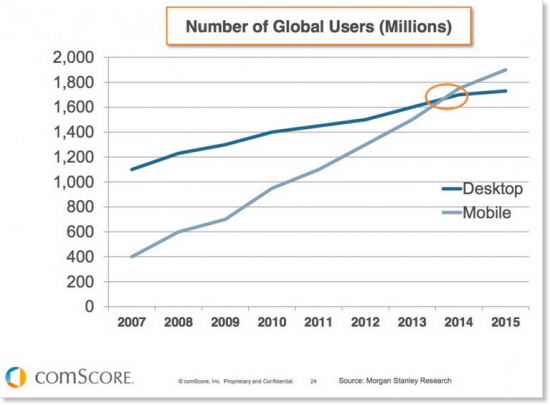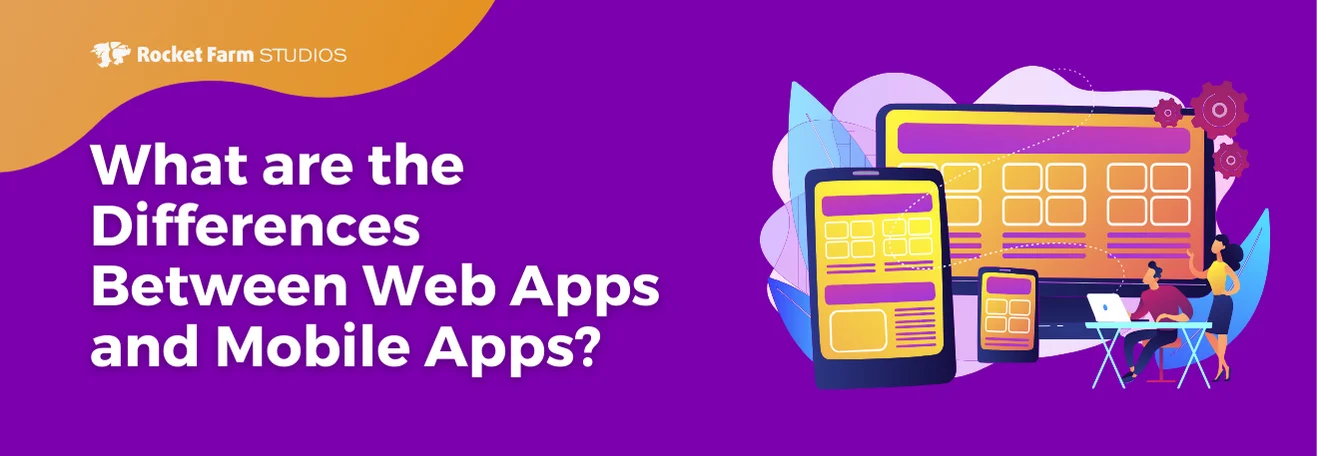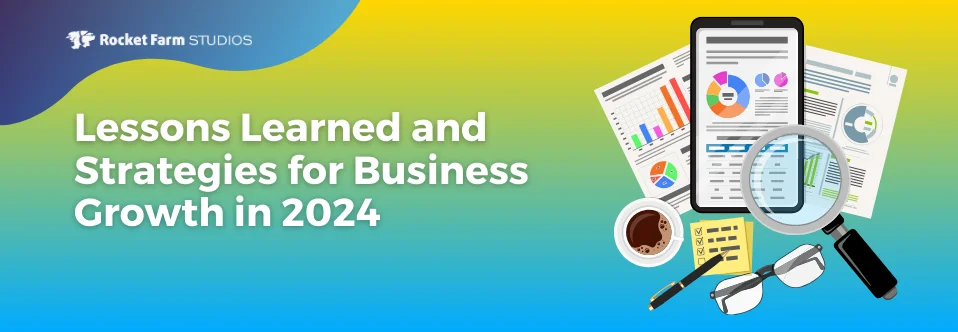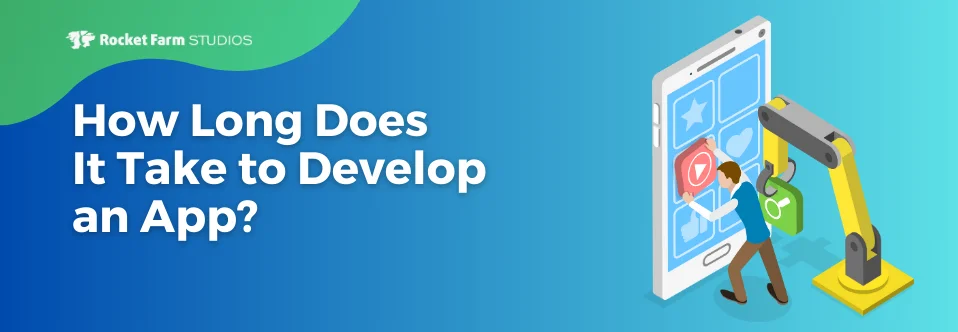
Cats. Football. Cilantro. There are some things that just aren’t for you. Working in mobile development might be one of those things. We at the Farm love it, of course. It’s creative, fulfilling, and we get to do fun things like meet The Woz during hackathons. But as we continue to hire (which we always are!) and foster young programmers looking toward mobile, we want to make sure you know what you’re getting into. If you’re considering a career in mobile, it’s good to do your research. After all, knowing what you don’t want to do for a living is just as important as knowing what you do want to do. Here are four reasons that might deter you from working as a mobile developer.
1. You don’t want to spend your time “pixel-pushing.”
 Unless your app is somehow completely text-based (and good luck with that), there’s going to be design elements that will require hours and hours of pixel-pushing. From batch resizing to color correction to page layout, there are plenty of mundane and unsexy tasks to be done as a mobile developer. And on those occasions you get a demanding client who can’t stop messing with the design, you’re going to need some extra-strong coffee to get you through the day(s).
Unless your app is somehow completely text-based (and good luck with that), there’s going to be design elements that will require hours and hours of pixel-pushing. From batch resizing to color correction to page layout, there are plenty of mundane and unsexy tasks to be done as a mobile developer. And on those occasions you get a demanding client who can’t stop messing with the design, you’re going to need some extra-strong coffee to get you through the day(s).
Keep in mind, most app developers make “boring, safe enterprise apps,” as their bread and butter, because at the end of the day that’s where the money is. Some college student might come to you with a great idea for the next Candy Crush, but unless she can lockdown some funding, you’ll have to take it on as a passion project as you work the projects that keep the lights on. Here at Rocket Farm, we have the luxury to be somewhat picky with the projects we take on, but we also love the challenge of making even the most “boring” apps as visually stimulating and enjoyable to use as possible. We find the love in the grunt work.
You don’t have to be a perfectionist to enjoy “pixel-pushing,” but if you work in mobile development, you do have to find a way to make it enjoyable for yourself.
2. You don’t want to fight to be understood.
Mobile has come a long way since the first iPhone and the industry has matured. In fact, more people are on mobile than on traditional desktop computers:

Source: comScore
This means that as a mobile developer, you’re entering a career that isn’t well understood. “Why is that button there?” “Can’t we have more call-to-actions on this screen?” “Why does this app feel so slow?” You’d be surprised at the sort of questions we have to patiently answer simply because mobile apps just haven’t been around long enough. Companies aren’t clear on matters like how much good development can cost, how much time it should take, or even some best practices of design — often because we’re making up these best practices as we go!
If you want to succeed in the mobile world as a developer, you should be ready to be consultative. Be open to what the clients want, but find a way to get your ideas across so they can see bigger possibilities in what you’re trying to do. Collaboration is key to creating great apps that both you and your clients can be proud of. Just be ready not to back down when you have a vision of what apps should be, because more often than not the client will be looking to you to lead the way.
3. You don’t want to be limited to a small screen.
How many different ways can you paint a four inch screen? That’s basically your job. Sure screens have grown half an inch here and there, and sure you can work on tablets too. But the vast majority of apps that make money exist to be shown on a smartphone’s screen. Right now, there are 1.5 million apps that all purport to be a unique combination of pixels that will knock your socks off. At least, that’s what companies that will hire you will want. “Our app has to stand out.”
Can you build a unique experience on a 4 inch screen? That’s your challenge in mobile development, and some find it limiting. Gone are the 13 to 17 inch laptop screens that open up a vast world of color combinations and possibilities. Now you’re limited to a screen not much larger than a deck of cards that people will complain about if a button isn’t within easy reach of their lazy thumb. There are only so many ways to use an app with an index finger. There are only so many ways to deliver information on a small screen. If you’re not up to the task of constantly innovating in a confining design space, don’t become a mobile app developer.
4. You don’t want to be at the mercy of Apple and Google.
Think your current boss is unreasonable? Wait until your next boss changes a huge aspect of your job overnight without warning and refuses to hear your complaints. Apple and Google will be your boss, your coworker, your security guard, your IT, your payroll, and your lover and spouse depending on how deep you get into mobile design. When they say “jump,” you say “wait, what? Since when? Oh geez, company meeting guys! Something changed.”
For what it’s worth, both Apple and Google are benevolent dictators. For effectively having a duopoly, they both do a good job of keeping app developers more happy and less angry with new releases. But if you want to work in mobile, you have to kowtow to these two giant corporations that ultimately care more about their bottom line than your livelihood by a long stretch. You’ll have to learn new languages, keep up with the latest releases, and adhere to their ever-changing rules.
Are you willing to have a career that’s largely dictated by two tech behemoths?
But for those of you who haven’t been scared off yet, and are willing to overcome these four challenges, the world can be your oyster. Demand for mobile developers is incredibly high and it’s a great time to be in our field. If you’ve got the willingness, and the chops, maybe you should join us at the Farm. Now that we’ve weeded out the don’t-ers, we want to talk to you doers.














